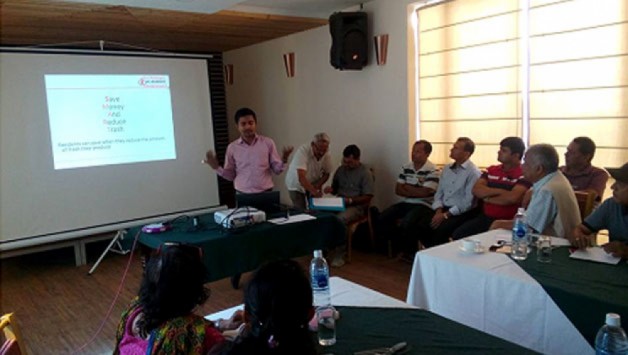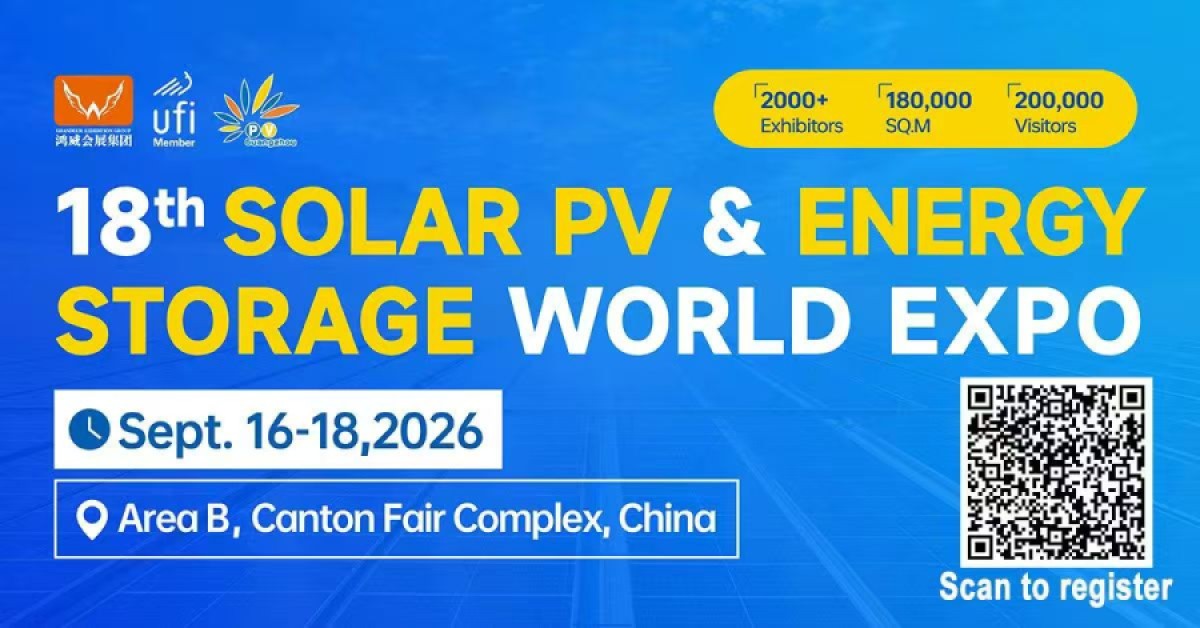
On Thursday June 29, 2017, Kathmandu
- Facilitated by Former Minister Er. Ganesh Shah
- Presentation by Mr. Guna Raj Dhakal
- Presentation by Mr. Niraj Shrestha
- Presentation by Mr. Sagar Kafle
- Coordinated by Mr. Guna Raj Dhakal
- Managed by Mr. Purna N. Ranjitkar
Introduction
Interaction on RE for Agriculture on Asar 15 is a part of continued RECC efforts on knowledge and experience sharing and views and opinion building of professionals and practitioners involved in renewable energy promotion activities in Nepal. They are particularly dedicated in energy access to the people living in remote areas of mountain and hill districts and other accessible locations as well.
Recently RECC had successfully organised interactions and discussions on Renewable Energy in the Budget of Fiscal Year 2074-75 organised on June 03, 2017, Renewable Energy Movement in Federal Structure on June 19, 2017 and Waste to Energy : Challenges in Managing Waste on June 25, 2017.
Renewable Energy Coordination Committee (RECC) considers to organise an interaction of relevant experts including experts in Solar PV Pumping, Solar thermal equipments and similar other technologies and equipments on Thursday Asar 15 (June 29, 2017). This was an occasion for discussing on renewable energy based technologies available for agriculture development and exchange of experiences and opinions for further application of technologies.
As such, on the occasion of Rastriya Dhaan Diwas on Asar 15, RECC organised an interaction and discussion programme on Renewable Energy for Agriculture.
Interaction on RE for Agriculture on Asar 15
People in Nepal are directly or indirectly depend on agriculture where a big portion of population adopts it as their occupation. Likewise, rice is the main crop and main food grain so as rice plantation is a festival occasion for many. Asar 15, the date in middle of best rice planting month which fall around end of June is a festival for farmers. People celebrate this day by hard working in fields as well as enjoy singing, dancing and taking simple but culturally rich food.
The day is naturally a significant to agriculture and self reliance as well. In Nepal, agriculture is still the largest sector of employment and the second largest contributor to the country’s gross domestic product. Even then, the grass root people and the communities experience that there is no sufficient investment in irrigation facilities, farm implements and rural roads. Since the country’s export is less than a tenth of its imports, the country fulfils the foreign exchange deficit by exporting labour to difficult foreign destinations to bring in sweat-dollars.
Many take federalism as a cure for much of the unitary state’s ills but unsystematic activities of the three tiers of government at the local level, provinces and the centre threaten to create an unmanageable mess in our young republic.
But there are no efforts to replicate their successful models to benefit a larger mass. Like cottage and small-scale service industries, there is a huge scope for agro-based family enterprises in Nepal.
Now, time has come to review the technological interventions in the agriculture sector. The country had witnessed experiences by using renewable energy technologies for agriculture purposes as well so as Solar Photo Voltaic Pumping Systems have been introduced for irrigation purpose. That has been used for drinking water purpose also in many places. As such, renewable energy technologies are to be considered for agricultural development in the country.
The technical intervention will have to enable farmers in irrigating fields, drinking water, better crop, better income and food security systems. These efforts and achievements should be indicator of upgraded living standard of the farmers and better economic growth for the country.
Renewable Energy Coordination Committee (RECC) considered to organise an interaction of relevant experts including experts in Solar PV Pumping, Rain harvest, Solar thermal equipments and similar other technologies and equipments on Thursday Asar 15 (June 29, 2017).
Opening with remarks by Former Minister Er. Ganesh Shah
Opening the interaction programme Former Minister for Science and technology and Environment Er. Ganesh Shah said the renewable technologies for agriculture have been inevitable as the technologies available currently could bring water for irrigation and drinking purposes. Solar thermal technologies should be used for drying the crops for better value, low weight to carry and avoid unfavourable market price of products.
Likewise, technologies should have been introduced for upgrading horticulture, herbal products, livestock, poultry and so on for better crops, better storage, process and preserve.
Presentation by Mr. Guna Raj Dhakal
Through a PowerPoint presentation RE expert Mr. Guna raj Dhakal elaborated the technicality of Solar Photo Voltaic Pumping Systems. The system run by Solar energy in the day time does not require batteries to back up. So as it is not so expensive and portable too.
The Solar PV Systems are being used by many farmers for irrigation and also for drinking water purpose, he explained. As irrigation is possible by using Solar PV Pumping the farmers can have a good crop and multiple crops in different seasons, he added.
The government is providing support to such schemes he maintained adding that the support must be widely extended so as more farmer can purchase the technology.
Presentation by Mr. Niraj Shrestha
Mr. Niraj Shrestha who has immense of experience and academic knowledge on Solar Thermal equipments producing and better using and research works elaborated the Solar Thermal technology and applications in Nepal and elsewhere in the world.
Mr. Shrestha mentioned that Solar Thermal technologies are useful in water heating, cooking food, drying food stuffs, use of thermal energy in livestock farms and even aiding to biogas plants.
He added that Solar Thermal equipments should be extensively used in food grains, vegetables, fruits, meat etc. drying, storage, and value addition. Such simple technical inputs can enhance food security activities and income of farmers as well. Therefore the authorities must pay due attention to use Solar Thermal technologies.
Presentation by Mr. Sagar Kafle
Mr. Kafle is in a teaching job and active in environment and climate change activities. He had conducted research works on better use of agricultural waste to produce energy. Through a PowerPoint Presentation Mr. Kafle elaborated the current scenario of agricultural waste in the country. The waste has not yet been used for significantly productive purpose.
According to him, the developed countries where agricultural waste is abundantly available convert waste into source of energy by making briquette or pallet. The agricultural waste available in Nepal is also possible to be converted to briquette or pallet.
Focusing on producing pallet by using agricultural waste, Mr. Kafle said that the pallets produce better energy value. If worked seriously, Nepal could replace import coal by pallets. He also informed that Nepal imports 500,000 metric tonnes of coal per year for various industries including baking brick. The black smoke may be reduced by using pallets instead of coal, he added.
He also informed that he and some friend are in way to establish a pallet making plant at the cost of Rs 10 million.
Discussions on the presentations and the subject matters
L.R. Tamang, Mr. Hem Lal Aryal, Mr. Bala Ram Shrestha, Mr. Krishna Prasad Bhandari, Dr. Shree Bhagvan Thakur, Dr. Indira Shakya, Dr. Sunil Lohani, Prof. Ashutosh Shukla participating in the discussion on the presentations shared valuable knowledge and experiences on the subject matters to make more effective and useful to produce maximum agricultural output and better income to the farmers.
Presenters Mr. Guna Raj Dhakal, Mr. Niraj Shrestha and Mr. Sagar Kafle and facilitator Former Minister Ganesh Shah responded the queries.
Concluding remarks
Coordinator of RECC Mr. Guna Raj Dhakal delivered a brief note on the event as the concluding remarks. He thanked the facilitator, presenters and participants for valuable inputs and knowledge and experience sharing. He also said that the findings of the interactions and discussion are useful for the policy makers and planners as well. As such, such a valuable learning will be provided to the authorities concern.




